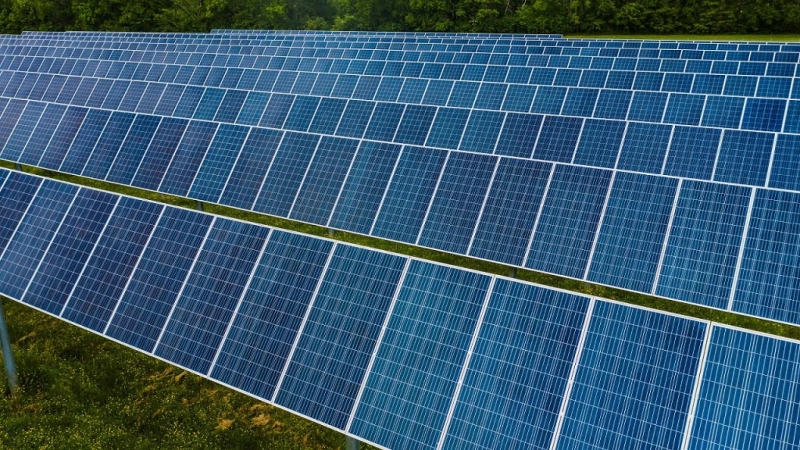Is the cost of solar panels worth it?
Using solar power to generate your own clean electricity is an excellent way to reduce your household electricity bill. You can use the energy you generate to power appliances throughout your home.
Solar panels are expected to last for more than 25 years after the initial investment in installing them. Because solar panels have no moving parts, they require very little maintenance, making it simple to recoup the initial investment. Almost all installations are expected to pay for themselves well before the 25-year mark.
The good news is that solar panel system continue to be worthwhile in the long run. In this blog, we'll look at how much it costs to install solar panels and how they can help you achieve greater energy independence. We'll also go over why you still need to buy energy if you have solar panels and share some energy-saving tips.
5 top solar panel tips for increasing energy independence
Unfortunately, we're still a long way from off-grid independence with a solar system. This is because most households use more energy during the day or night than solar panels alone can generate. Furthermore, even if you generate more than you need, you won't be able to store enough to power your home during periods of low generation.
But that doesn't mean you can't increase the amount of energy your panels generate and your self-sufficiency with the following tips...
Utilize the available roof space
The greater the number of panels, the more energy your system will produce. Depending on your situation—your available space, the direction your roof faces, and the funds you have—installing new panels alongside your existing system could double the output. However, a cost/benefit analysis of solar power may not be in your favour, especially if you don't get much sun.
Purchase a battery storage system.
A battery storage system reduces your reliance on the grid by preventing energy waste and providing a limited backup in the event of a grid failure. If you have a battery, you can store any excess solar energy that you generate but don't need right away.
Then, on days when you don't generate enough energy, or during long winter nights, you can use the energy you've saved.
Battery storage is not always included with solar systems and can be an extra cost.
Modifying your household's energy consumption
In addition to increasing the amount of energy your panels produce, you should consider making lifestyle changes such as only using electricity at certain times of the day. In some cases, this may imply replacing an appliance with a more energy-efficient model. In others, it may simply mean attempting to reduce your consumption.
Supplement with other green energy sources
In addition to solar power, wind power can be generated to meet your energy needs. You can get a small wind turbine that sits on your roof and works similarly to a solar panel. You will also have energy when it is cloudy and windy, as well as when it is sunny!
Keep a backup generator on hand.
Although not the most environmentally friendly option, a backup diesel-powered generator can be useful in an emergency. If grid independence, rather than environmental credentials, draws you to solar, having both could be advantageous.


